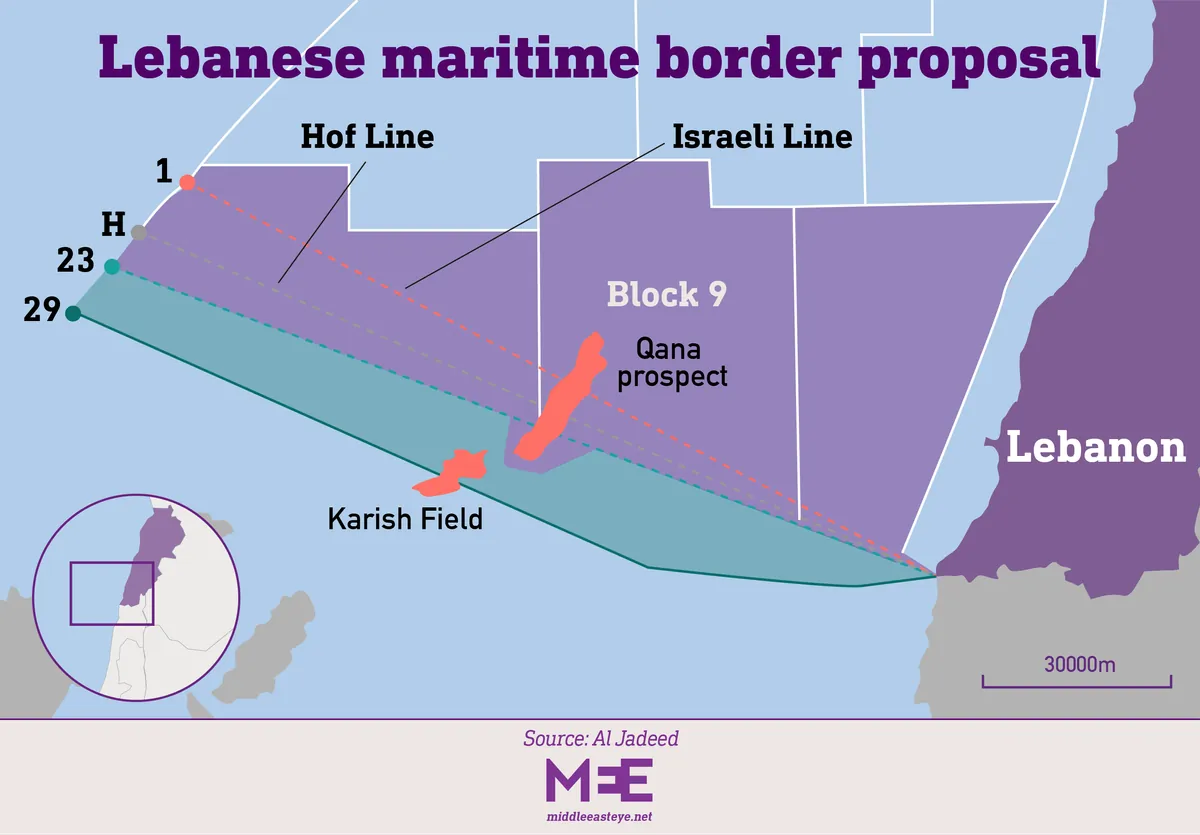The conflict between Israel and Lebanon has significantly escalated, with both sides engaging in intense military actions. The Israeli military reported striking approximately 290 targets in Lebanon, focusing on Hezbollah's rocket launching capabilities. In response, Hezbollah claimed to have launched rocket attacks on Israeli military installations, including the Ramat David Airbase.
This recent surge in hostilities comes in the wake of a deadly Israeli airstrike that occurred on September 20, 2024. The attack, which targeted a suburb of Beirut, resulted in at least 37 casualties, including senior Hezbollah leaders Ibrahim Aqil and Ahmed Wahbi. The Israeli military stated that the strike successfully disrupted Hezbollah's military command structure.
The conflict, which began approximately 11 months ago following a Hamas-led attack on southern Israel, has seen a significant escalation in recent days. The death toll in Lebanon has now surpassed 740, marking this as the most severe confrontation between Israel and Hezbollah since the 2006 Lebanon War.
"The sequence of actions in the new phase will continue until our goal is achieved: the safe return of the residents of the north to their homes."
The ongoing conflict has led to the displacement of tens of thousands of people on both sides of the Israel-Lebanon border. Israel has implemented safety measures in its northern regions, including school closures and gathering restrictions.
International concerns are growing over the potential for further escalation. Jake Sullivan, the U.S. national security adviser, expressed worry about the situation while also suggesting that there might be a path towards a cessation of hostilities.
The current conflict is deeply rooted in the complex history of the region. Hezbollah, founded in 1985 during the Lebanese Civil War, has maintained a significant presence in southern Lebanon. The group receives substantial support from Iran, both financially and militarily, which has been a source of tension in the region.
Israel's advanced missile defense systems, including Iron Dome and David's Sling, have been actively intercepting rockets and missiles fired from Lebanon and Iraq. These systems have played a crucial role in minimizing casualties on the Israeli side.
As both sides continue to exchange fire, the international community watches closely, hoping for a de-escalation of the conflict. The United Nations Interim Force in Lebanon (UNIFIL), present in southern Lebanon since 1978, faces increased challenges in maintaining peace in the region.
The ongoing hostilities not only impact the military aspects but also have severe consequences for civilian populations on both sides of the border. The conflict adds to the existing economic and political challenges faced by Lebanon, which has been grappling with various crises in recent years.
As the situation remains volatile, the potential for a wider regional conflict looms, with implications that could extend far beyond the borders of Israel and Lebanon.
